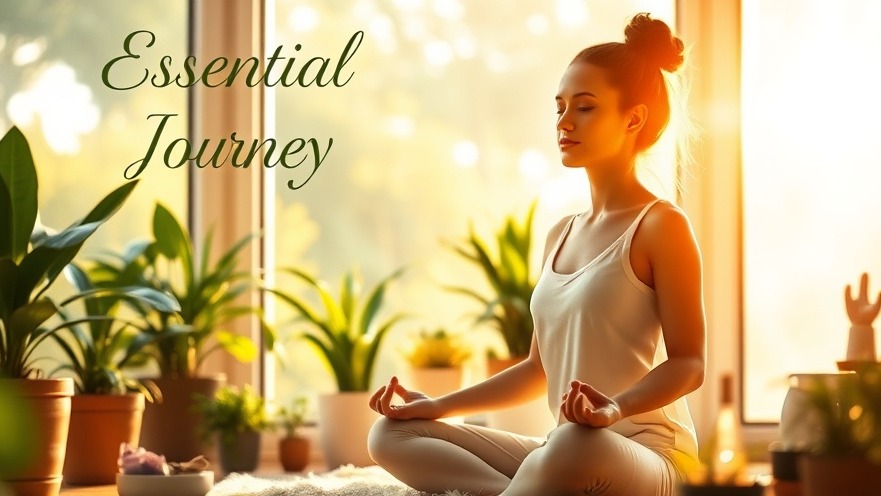
Understanding the True Nature of Rest
In a fast-paced world, we often associate rest solely with sleep, overlooking its broader significance. True rest, a vital component of mental health, encompasses more than just a good night's sleep. Dr. Saundra Dalton-Smith, a noted physician, emphasizes that rest is multifaceted, including seven types that help rejuvenate both body and mind. My personal experience during a transformative stay in Hawaii led me to appreciate this holistic approach to rest and its profound effects on recovering from burnout.
The Crucial Distinction: Sleep vs. Rest
While sleep is a biological necessity characterized by physical recovery, it is not the only form of restoration we require. Even with adequate sleep, failing to address other types of rest can leave us feeling drained. Recognizing this distinction can pave the way for more effective self-care and improved mental clarity.
1. Physical Rest: Honor Your Body
Physical rest is essential for allowing your body to heal. It can be practiced through various methods:
- Maintain a consistent sleep schedule, aiming for 7-9 hours of restful sleep each night.
- Practice restorative activities like yoga or gentle stretches.
- Incorporate regular breaks to move and avoid sedentary habits.
- Prioritize nutritious foods and hydration to support bodily functions.
- Engage in low-impact exercises such as tai chi or nature walks.
- Take short naps to recharge during busy days.
- Seek therapeutic treatments like massages or spa days.
Finding Aromatherapy in Rest
To enhance your rest experience, consider integrating aromatherapy into your routine. Using essential oils through diffusers can create a calming atmosphere conducive to relaxation and mindfulness. Scents like lavender, chamomile, and eucalyptus not only soothe the spirit but also promote restorative practices. By prioritizing rest in its various forms and complementing it with nature's aromas, you'll cultivate a deeper sense of well-being.
Make Rest a Priority
As we navigate the complexities of modern life, let's recognize and embrace the seven types of rest Dr. Dalton-Smith outlines. Each type provides unique benefits that contribute to our overall health, allowing us to thrive in both personal and professional spheres. Don’t overlook these tools of rejuvenation; embrace them for a fuller life.
 Add Row
Add Row  Add
Add 




Write A Comment